Ashwamedham (1967)
A young woman, who after being cured of leprosy, is disapproved by her family and society. However, she then makes it her mission to educate the illiterate society about the disease.
A young woman, who after being cured of leprosy, is disapproved by her family and society. However, she then makes it her mission to educate the illiterate society about the disease.
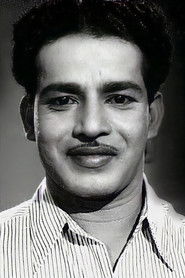 SathyanDr Thomas
SathyanDr Thomas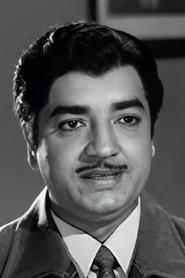 Prem NazirMohanan
Prem NazirMohanan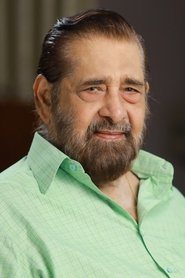 MadhuSadanandan
MadhuSadanandan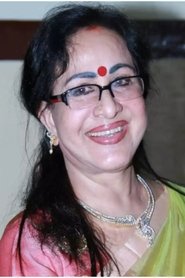 SheelaSarojam
SheelaSarojam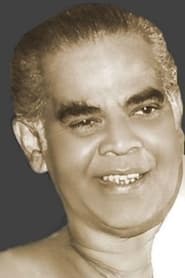 Adoor BhasiManthravaadi
Adoor BhasiManthravaadi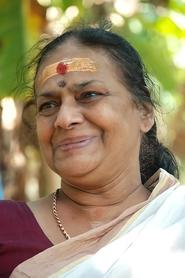 SukumariGaly
SukumariGaly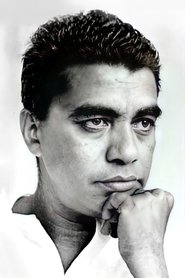 P J AntonyKesava Swamy
P J AntonyKesava Swamy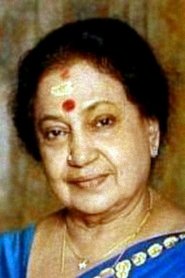 T R OmanaMohanan's Mother
T R OmanaMohanan's Mother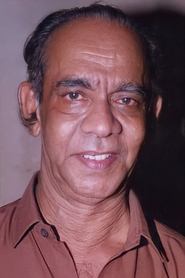 BahadoorHealth Visitor
BahadoorHealth VisitorConcerned about the future of her three children, a widow takes them to the city with the purpose of getting them married.
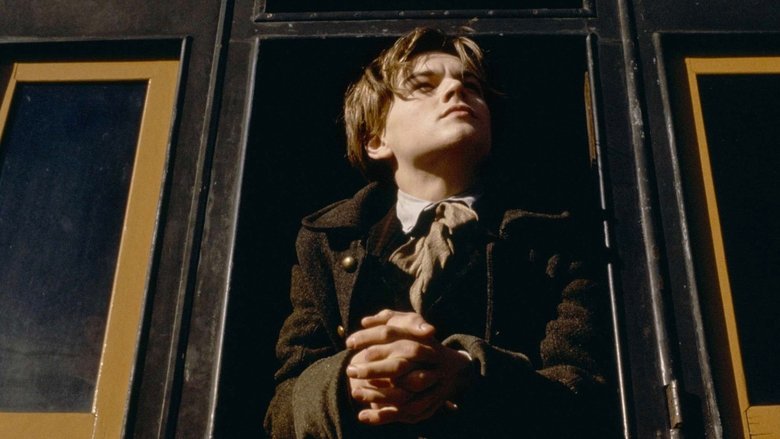
Young, wild poet Arthur Rimbaud and his mentor Paul Verlaine engage in a fierce, forbidden romance while feeling the effects of a hellish artistic lifestyle.
A student commits suicide out of unhappy love to a married man; story is recounted in retrospective by a "judge" who asks the audience to decide who is the guilty party.
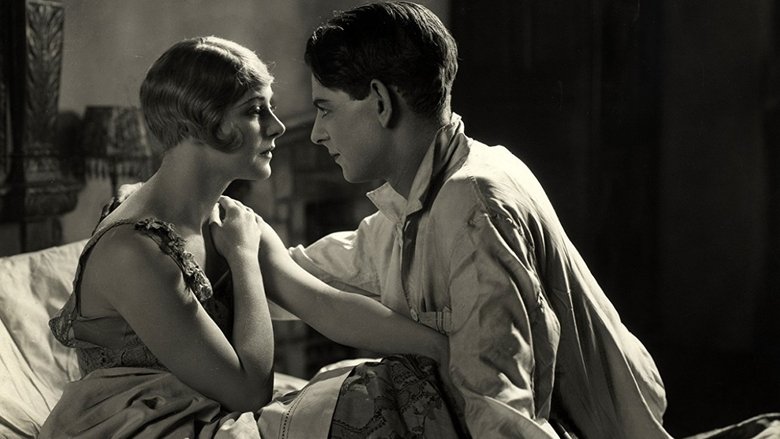
Larita Filton is named as correspondent in a scandalous divorce case. She escapes to France to rebuild her life where she meets John Whittaker. They are later married, but John's well-to-do family finds out Larita's secret.
The film told, apart from the main story of the friendship between Krishna and Kuchela, a few sequences from the Bhagavatha
In post-World War I Winnipeg, a Ukrainian immigrant and a Jewish woman get caught up in a labour strike.
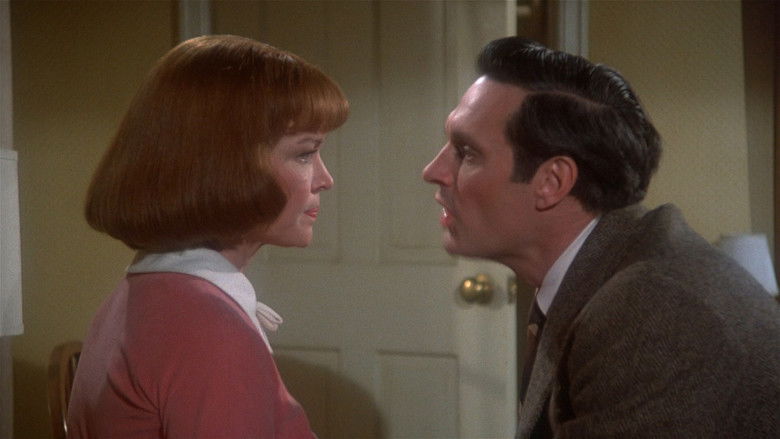
A man and woman meet by chance at a romantic inn over dinner and, although both are married to others, they find themselves in the same bed the next morning questioning how this could have happened. They agree to meet on the same weekend each year—in the same hotel room—and the years pass each has some personal crisis that the other helps them through, often without both of them understanding what is going on.
Faithful TV adaptation of Sophocles' tragedy.
During an inquest after a woman is killed, the judge suspects his own son. The woman's lover had been friendly with the son and he was also supposed to be married to the judge's daughter.
The fiddler Valenta has troubled his wife with his drinking and disorderly life. His daughter Rozárka and her younger sisters go to their aunt's in Prague, and their father sets fire to the abandoned house. Rozárka is suspected...
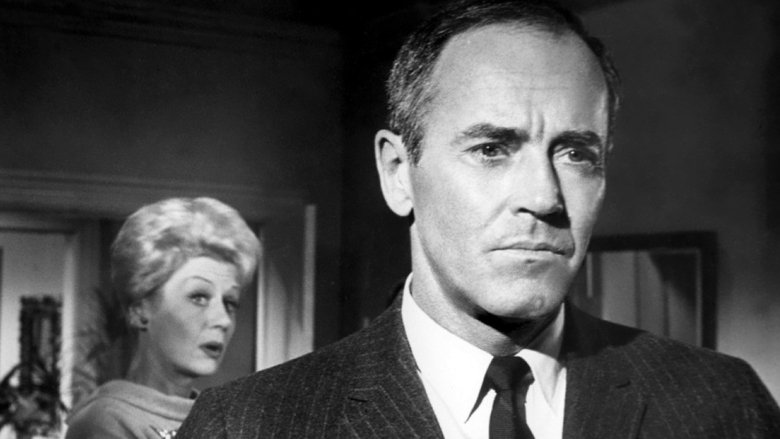
The other party is in disarray. Five men vie for the party nomination for president. No one has a majority as the first ballot closes and the front-runners begin to decide how badly they want the job.
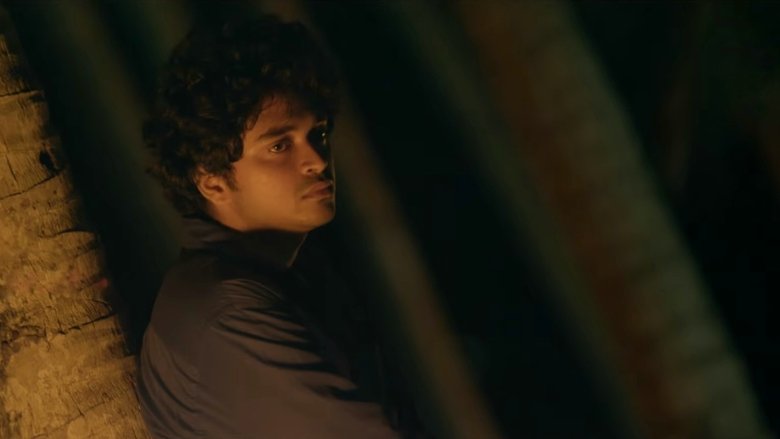
A college student witnesses a gang attack and as his curiosity behind the encounter tries to get the better of him, he realizes that his dad and the police are involved.
The son of a French aristocrat is accused of stealing his father's money and of stealing his step-sister's heart.
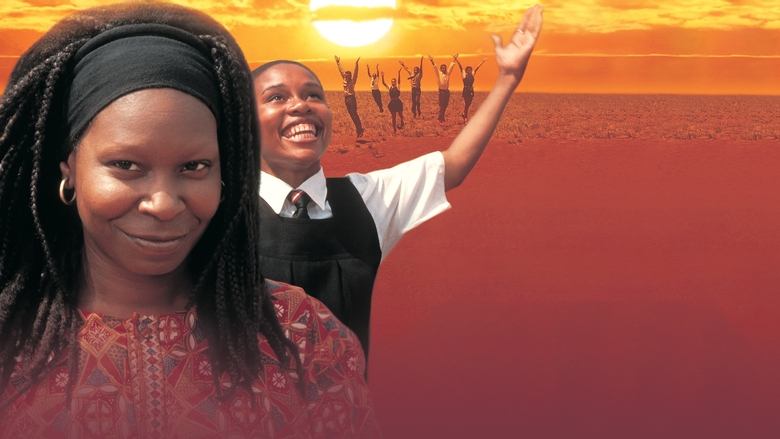
The plot centers on students involved in the Soweto Riots, in opposition to the implementation of Afrikaans as the language of instruction in schools. The stage version presents a school uprising similar to the Soweto uprising on June 16, 1976. A narrator introduces several characters among them the school girl activist Sarafina. Things get out of control when a policeman shoots several pupils in a classroom. Nevertheless, the musical ends with a cheerful farewell show of pupils leaving school, which takes most of act two. In the movie version Sarafina feels shame at her mother's (played by Miriam Makeba in the film) acceptance of her role as domestic servant in a white household in apartheid South Africa, and inspires her peers to rise up in protest, especially after her inspirational teacher, Mary Masombuka (played by Whoopi Goldberg in the film version) is imprisoned.
William Saroyan's Pulitzer Prize-winning play revolves around the denizens of a San Francisco bar in 1939. Lonely, lovelorn, weary or cynical, the characters drift in and out of the bar and each other's lives, giving voice to Saroyan's philosophies as they randomly comment about the impending world war, the beauty of art, and traditional notions of good and evil. At least one of the relationships stands a chance of enduring: a brawny innocent named Tom is falling in love with a vulnerable young prostitute named Kitty. Saroyan himself is heard reciting the play's prologue.
Rajan is a real terror in his village. Emotional setbacks in his life were responsible for his delinquent nature. Rajan was in love with Radha and they wished to get married. But their dream is not realised. Rajan's brother Gopala Pillai marries Radha. Neglected and deceived by his own brother, lover and family members Rajan turns delinquent.

A widowed father has to deal with two complex issues: while he is searching for "Miss Right," his son, who is in his 20s and gay, is searching for "Mr. Right."
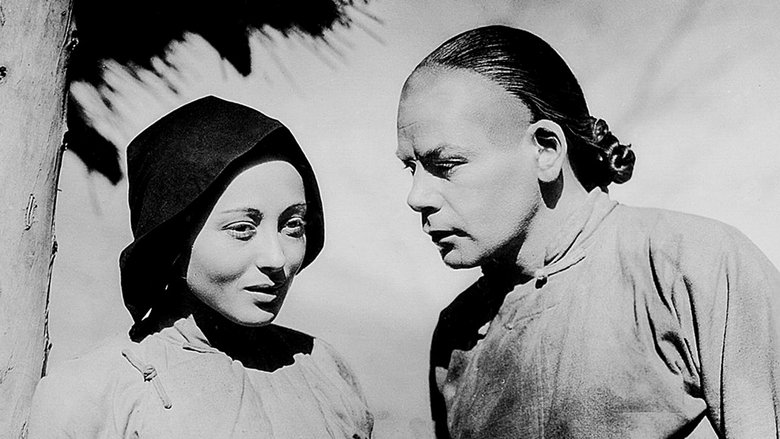
China, during the rule of the Qing Dynasty. The arranged marriage between Wang Lung, a humble farmer, and O-Lan, a domestic slave, will endure the many hardships of life over the years; but the temptations of a fragile prosperity will endanger their love and the survival of their entire family.
Achyut Shankar, a plus two student, wants to be a cricketer, but his father has already chalked out a career in medicine for him. While fighting parental pressure from his strict parents, this young boy gets involved in an incident.